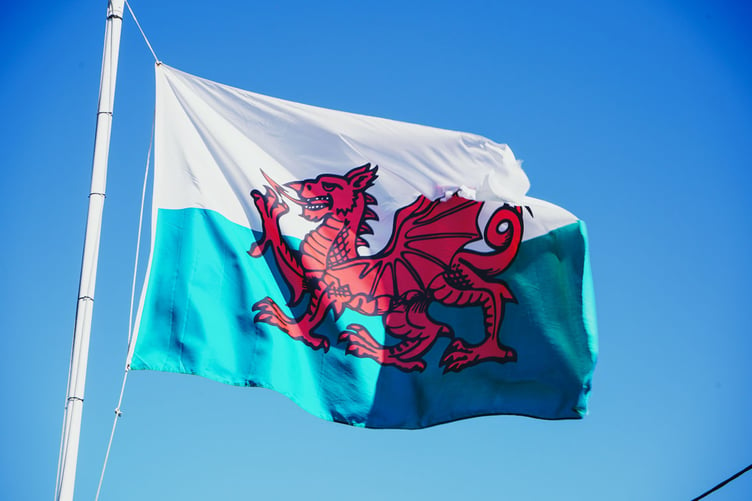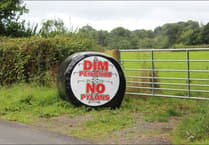The View from the Vaults by Gareth James
I had lived in my Welsh village for only two years upon hearing I had been referred to as ‘a local man’. Chest swelling considerably, I began to believe I might finally belong somewhere.
Born in England, living north, south, east, and west for forty years, seldom was I permitted to feel I belonged like this. For during the 70s, 80s, 90s, claiming to be a non-white Englishman would have been widely regarded as delusionary, might get me into a scrape, certainly invite some ridicule. And today, those with any hint of colour or trace of foreign accent who claim to be English (rather than British) still routinely find their identity diminished by the disqualifying follow-up question: okay, but where are you really from?
I learned early that Englishness was not a matter of where I was born and raised but informed by bigoted and capricious consensus. And also, that there was little point identifying with a group who refused my entrance, so before reaching double figures I was already a fully-fledged member of the ‘anyone but England’ brigade: supporting the West Indies at cricket via Caribbean ancestry; tilting towards Wales in the rugby and football via adoption into a family with Welsh roots.
So now, having resided in Wales for the past fourteen years, having taught many of your children cricket, having (twice) opened my little business in Aberystwyth, do I belong here? Do I feel Welsh?
Damn right I do. I feel Welsh because my qualifications are not only unquestionable, but thankfully unquestioned. I am asked if I am Welsh; never told I am not. Not once has anyone enquired where I was ‘really’ from. And this explains why I choked on my cornflakes reading that Welsh people need to be more welcoming to outsiders.
Prof Nathan Abrams, an award-winning learner from London, says he feels like an outsider despite living in Wales for sixteen years and learning Welsh. Prof Abrams suggests he has not been allowed to feel like a Welshman: “I speak Welsh, the children speak Welsh, but I don’t come from the area”. Prof Abrams believes it is difficult to feel Welsh when not fitting into certain categories, asking, “what is identity in Welsh? speaking the language, coming from Wales, going to chapel, being a Christian?”. Prof Abrams concludes that Welsh speakers should do more to help immigrants belong, suggesting, “the community isn’t making an effort to open the doors to people like us, because I haven’t married someone from Wales”.
This implication that Welsh speakers are the gatekeepers to Welshness is a misconception. Speaking Welsh is neither qualification nor condition of Welshness, certainly not as far as the seventy percent of residents who remain non-Welsh speaking are concerned; me, Tom Jones, and Gareth Bale included. And scandalously, I feel Welsh to the bone even though not attending chapel and unmarried to anyone, let alone a Welsh girl.
I am Welsh because I am a bonafide stakeholder here and because Welshness does not deploy gatekeepers to disqualify my claim. No one can exclude or help anyone else feel Welsh. We self-certify. If there were exclusions, I would be made aware of them, constantly. And if there exists a smattering of characters who profess to referee (for I have never come across such a clown), they are to be dismissed as comically anachronistic troublemakers.
Welshness is a characteristic for which the only requirement is a heart and soul commitment to the nation, an allegiance to this vast overlapping Venn diagram of cultures, lifestyles, and backgrounds. Welshness develops within, with little obstruction from others. A sense of national belonging only hindered, I suggest, by one’s heart residing elsewhere.
Our shortfalls may be many - long may I comment on them - but let us not be told we Welsh are not welcoming.
- Twitter: @iriesblog
- Email: [email protected]





Comments
This article has no comments yet. Be the first to leave a comment.